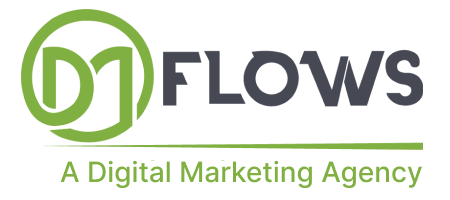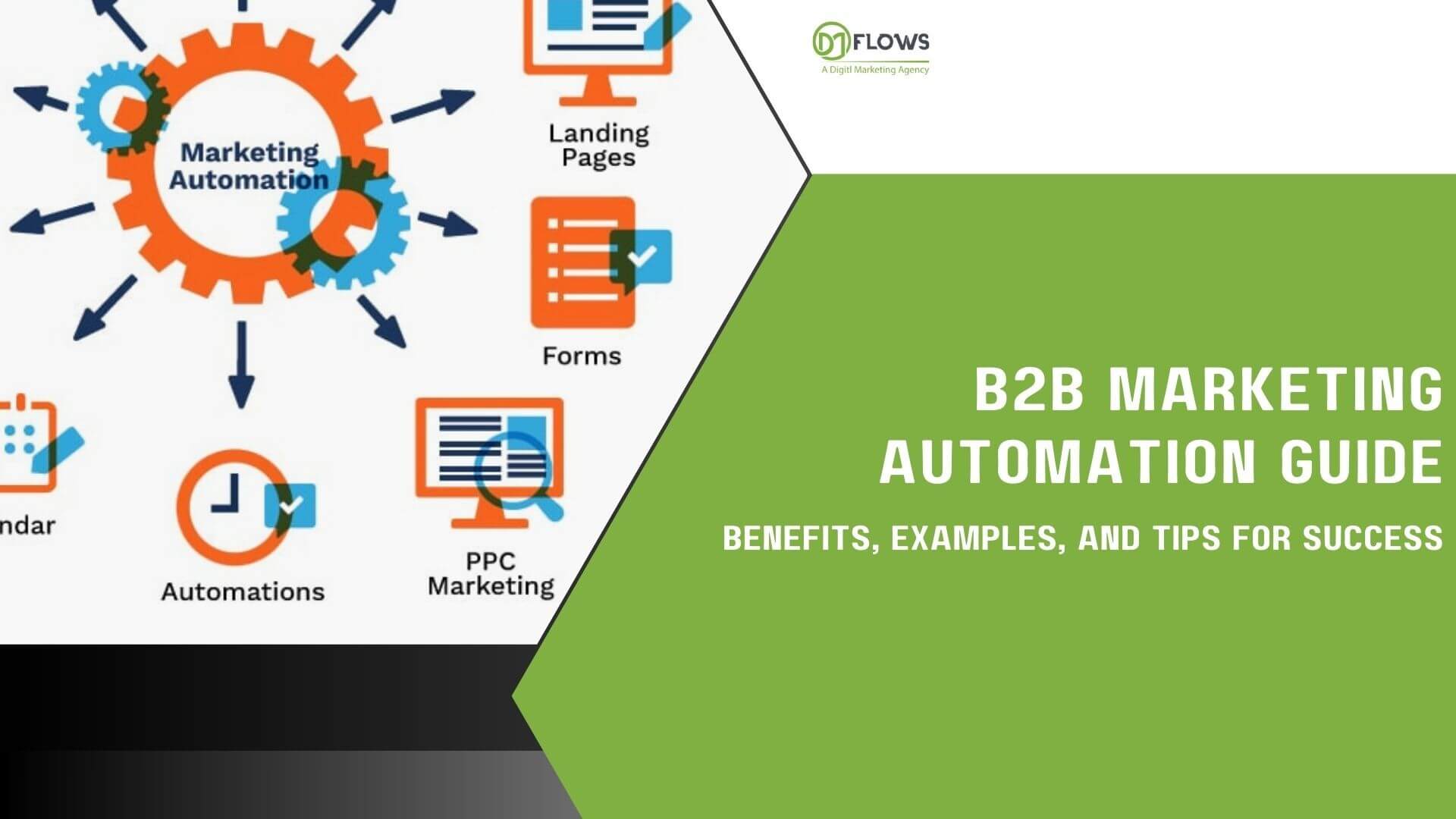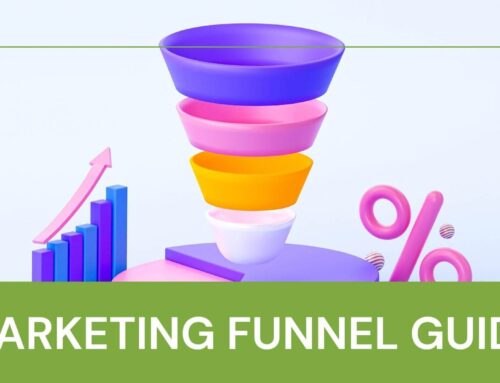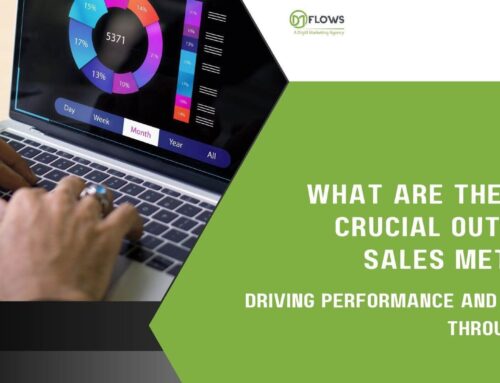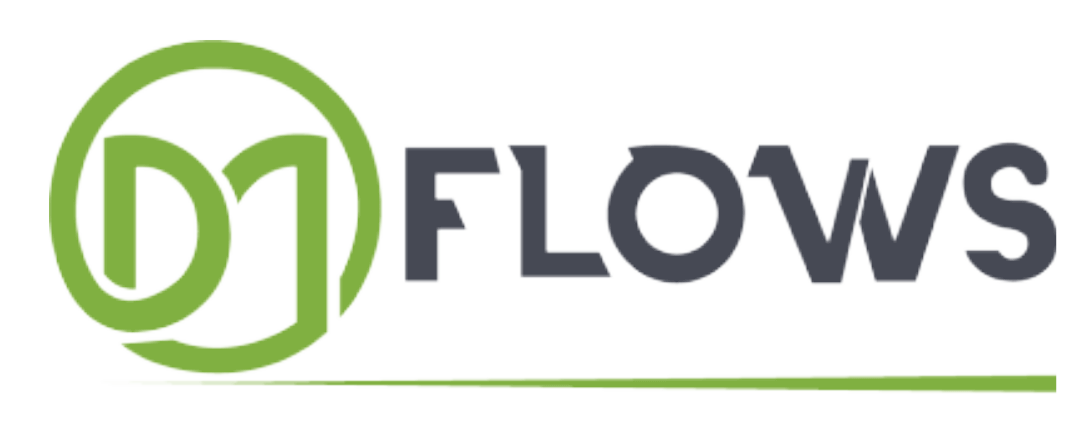What is B2B Marketing Automation?
B2B marketing automation utilizes software to automate marketing activities across various channels. This allows businesses to engage with prospects and customers at scale, delivering targeted messages at the right time. Imagine a system that automatically sends personalized welcome emails to new leads, schedules drip campaigns based on user behavior, and triggers follow-up actions for sales reps – that’s the magic of marketing automation.
Common marketing automation steps,
Email marketing: Sending personalized email campaigns based on lead behavior and interests.
Lead nurturing: Drip email sequences that educate and engage leads, moving them further down the sales funnel.
Lead scoring: Assigning points to leads based on their actions and demographics, indicating their sales-readiness.
Social media marketing: Scheduling and publishing social media posts, as well as automating responses to comments and messages.
Landing page creation: Building targeted landing pages with relevant content to capture leads.
Marketing analytics: Tracking and analyzing marketing performance data to gain valuable insights and optimize campaigns.
Benefits of B2B Marketing Automation
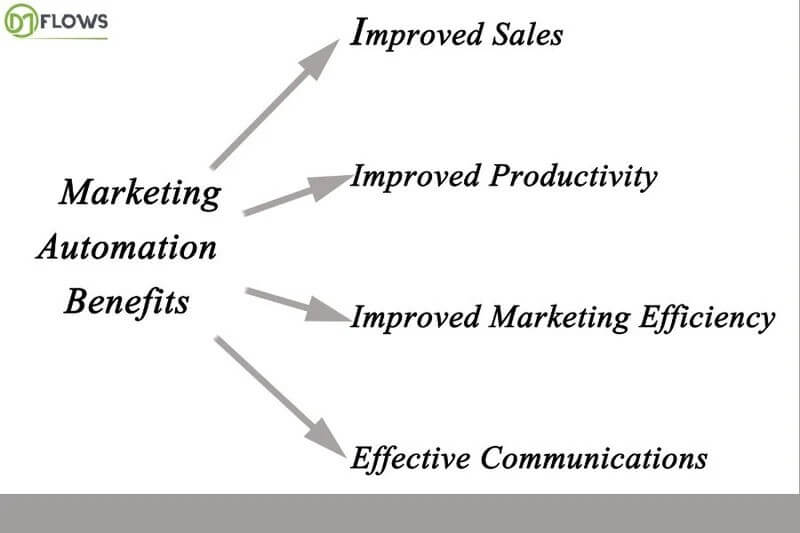
The advantages of implementing B2B marketing automation are numerous. Here are some key benefits:
Increased Efficiency and Productivity: Automation frees up your marketing team’s time from repetitive tasks, allowing them to focus on strategic initiatives and creative content development.
Improved Lead Nurturing: By creating targeted campaigns based on user behavior and interests, you can nurture leads through the sales funnel more effectively, converting them into paying customers.
Enhanced Personalization: Delivering personalized messages based on user data (e.g., demographics, interests, website behavior) leads to higher engagement rates and conversions.
Data-Driven Decision Making: Marketing automation platforms provide valuable data and insights into campaign performance, allowing you to optimize your strategies for better results.
Improved Sales and Marketing Alignment: Automation fosters collaboration by providing both sales and marketing teams with real-time data on lead behavior and engagement, leading to a smoother sales funnel handoff.
Measurable ROI: By tracking campaign performance metrics, you can accurately measure the return on investment (ROI) of your marketing efforts and identify areas for improvement.
Examples of B2B Marketing Automation in Action
Here are some practical examples of how B2B marketing automation can be used:
Welcome Email Series: Automatically send personalized welcome emails to new leads, introducing your company and providing valuable content.
Lead Scoring and Segmentation: Assign scores to leads based on their engagement level and website activity, allowing for targeted communication based on their needs.
Drip Campaigns: Nurture leads with a series of automated emails that educate them about your products or services and guide them through the buying journey.
Abandoned Cart Follow-Ups: Trigger automated emails reminding prospects about items left in their online cart, encouraging them to complete the purchase.
Webinar and Event Registrations: Another helpful part is, it can Automate the registration process for webinars and events, sending confirmation emails and reminders.
Social Media Management: Schedule social media posts across various platforms and automate responses to comments and messages.
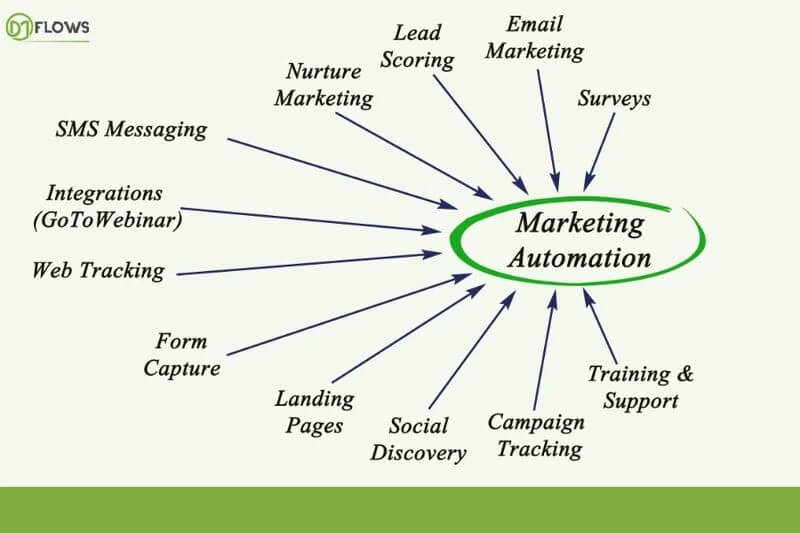
Key Features to Look for in a B2B Marketing Automation Tool
A good marketing automation tool should allow you to score leads based on their interactions and segment your audience for targeted messaging. Think of it as having a built-in lead detective and personalization guru.
Integration with CRM Systems
Seamless integration with your CRM system is crucial for a smooth flow of data and insights between your marketing and sales teams. It’s like having a direct hotline between your marketing efforts and sales results.
Analytics and Reporting Features
The ability to track, measure, and analyze the performance of your campaigns is essential for making informed decisions and optimizing your strategy. It’s like having a crystal ball that shows you what’s working, what’s not, and where you can improve.
Tips for Successful B2B Marketing Automation
To get the most out of your B2B marketing automation efforts, consider these tips:
Define Your Goals and Target Audience: Clearly define your marketing goals and identify your ideal customer profile. This will guide your automation strategy and content creation.
Segmentation: Segment your audience based on demographics, interests, and buying stage to deliver highly targeted and relevant content.
Develop Valuable Content: Create high-quality content like blog posts, white papers, and infographics to nurture leads and establish your brand as a thought leader.
Track and Analyze Performance: Regularly monitor your marketing automation campaigns and analyze key metrics (e.g. open rates, click-through rates) to identify areas for improvement.
Integrate with CRM: Integrate your marketing automation platform with CRM system to gain a holistic view of the customer journey and ensure seamless communication between teams.
B2B Marketing Automation Best Practices
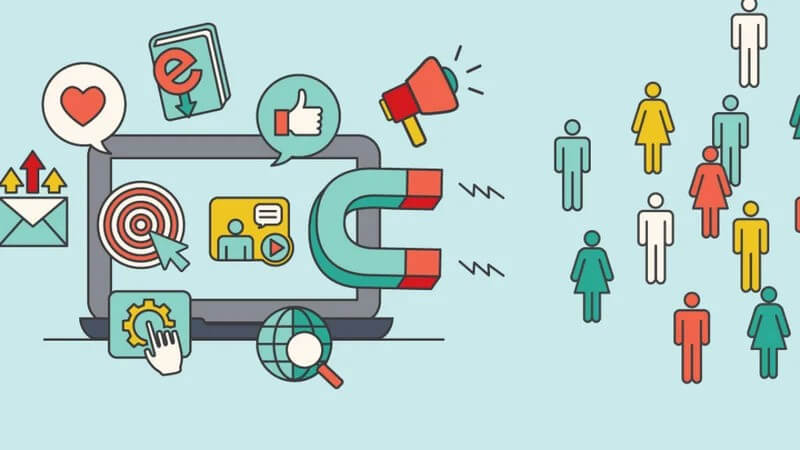
B2B marketing automation best practices involve utilizing sophisticated software to streamline and optimize various aspects of the marketing process, such as
Buyer Personas
Buyer personas are fictional profiles of your ideal customers. They’re crafted from market research, data analysis, and insights gleaned from your current customer base. These personas capture demographic details, pain points, and typical behaviors. With this information, your team can better understand how your business fits into their journey and solves their problems.
Data Analytics
Your B2B marketing automation platform collects the information you specify about your customers. That’s why you must know which type of information is best to collect. The good news is that with help from a B2B marketing automation strategy, you can effectively gather the exact information you need to drive your business forward.
Lead Scoring
Lead scoring systems assign scores based on criteria like website interactions, demographics, and engagement levels. For example, being within your target audience demographic may earn a lead one point, while filling out a contact form could rack up 10 points. The higher the score, the closer the lead is to sealing the deal.
Integrate with CRM
Connect your marketing automation platform with your CRM system for a holistic view of the customer journey.
Here are some of the popular B2B marketing automation platforms to consider, but it’s best to research based on your specific needs:
HubSpot Marketing Hub: A popular all-in-one platform with a free tier, offering marketing automation, CRM, and content management features.
Marketo Engage (by Adobe): A comprehensive platform with advanced features for lead scoring, marketing attribution, and account-based marketing (ABM).
Pardot (by Salesforce): A strong choice for businesses already using Salesforce, offering seamless integration and B2B marketing automation functionalities.
Active Campaign: A user-friendly and affordable platform ideal for small and medium-sized businesses, with marketing automation, CRM, and email marketing capabilities.
Eloqua (by Oracle): A powerful platform catering to larger enterprises, offering robust marketing automation, lead management, and campaign management tools.
Sharp Spring: A marketing automation and CRM platform with built-in ad retargeting features, well-suited for B2B lead generation.
